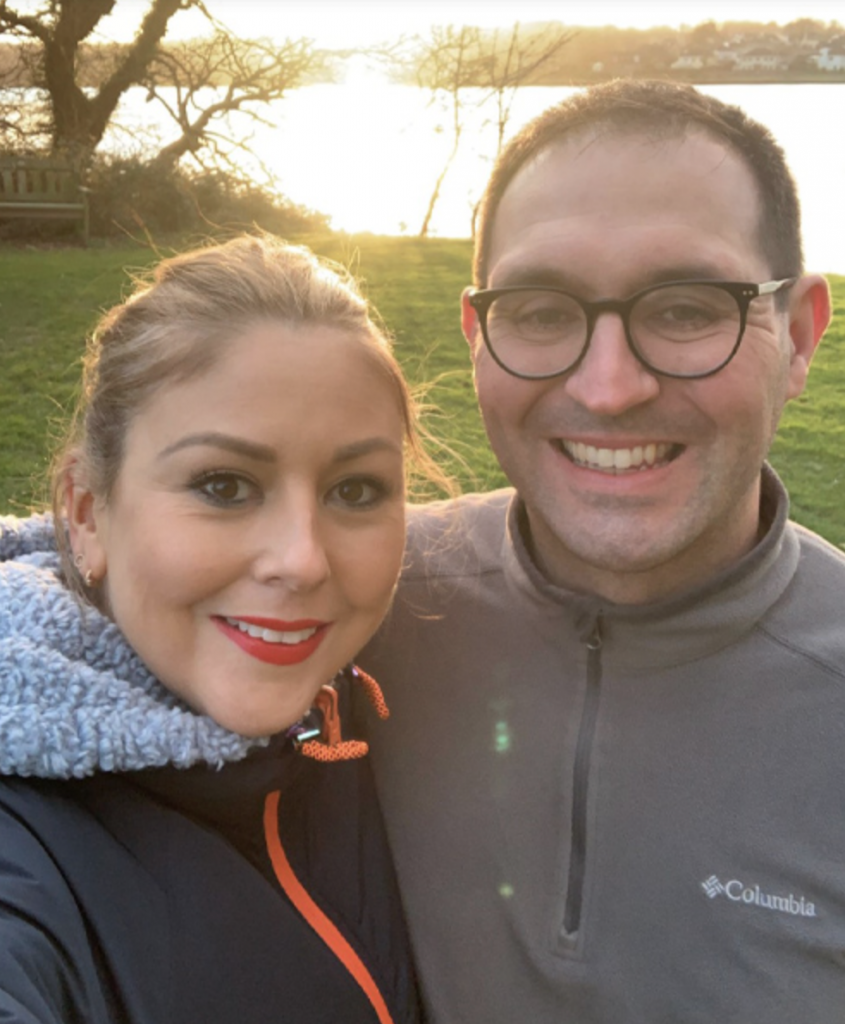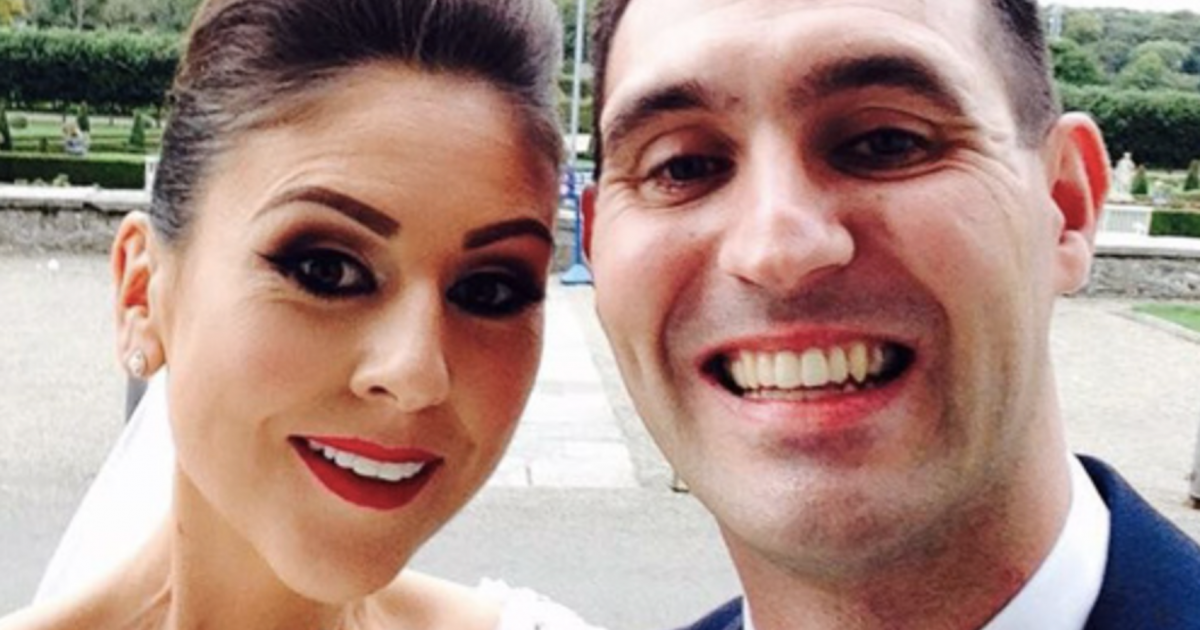A Survivor's Strength to Beat Cancer a Fourth Time
- 36-year-old nurse Ciara Barry has battled lymphoma three times, and has now been diagnosed a fourth time with MDS, an aggressive type of blood cancer.
- Ciara, who lives in Ireland, now needs over $500,000 to try to save her life, as she was selected to participate in a trial with Car T-Cell treatment in Tampa, Florida at Moffitt Cancer Center.
- Symptoms of MDS include frequent infections, fatigue or shortness of breath (anemia), or easy bleeding/bruising. These symptoms are the result of the bone marrow not being able to produce enough healthy, functional blood cells.
Now Ciara, who lives in Dublin, Ireland, needs over $500,000 to try to save her life, as she was selected to participate in a trial with Car T-Cell treatment in Tampa, Florida at Moffitt Cancer Center.
Read More
According to Ciara’s GoFundMe page, she has had “three separate battles” with Hodgkin lymphoma, “twice as a teenager and then again in her twenties.” This will now be her biggest fight to date.
“She is a ray of sunshine in every room she enters and she truly is the light of our lives,” the family wrote. “We are so incredibly grateful for any support you can offer, no matter how big or small.”
Fortunately, the family has already reached just over half of their goal and counting!
Learning About MDS
MDS is a variety of bone marrow disorders that look similar: under a microscope, the bone marrow cells look like cancer, and genetically may have alterations that are known to cause MDS. Symptoms of MDS include frequent infections, fatigue or shortness of breath (anemia), or easy bleeding/bruising. These symptoms are the result of the bone marrow not being able to produce enough healthy, functional blood cells.
Related: What's the Standard Treatment for MDS (Myelodysplastic Syndrome)?
Dr. Jun Choi, a hematologist/oncologist at NYU Langone's Perlmutter Cancer Center, explained MDS to SurvivorNet in a previous interview: "When there is a dysfunction in the bone marrow, there is a production of defective blood cells, and there is also a deep decrease in the production of blood cells. So the consequence of that is low blood cells in your bloodstream…MDS affects all types of blood cells and ultimately it is a considered a bone marrow failure disorder."
What is Myelodysplastic Syndrome (MDS)?
"For the workup of MDS, you start with a regular blood check and you confirm that someone has low blood cells," Dr. Choi said. "And then when the suspicion for MDS is high, the ultimate gold standard diagnostic test is a bone marrow biopsy. And that is because the bone marrow is where all the blood cells are made. And we want to confirm that there is abnormal cells in the bone marrow."
A bone marrow biopsy can confirm MDS. It can also provide other details on your cancer.
What is Car T-Cell Therapy?
Chimeric antigen receptor (CAR) T-cell therapy is a personalized cancer treatment that re-engineers your immune cells to more effectively fight your cancer. Because this is a very specialized treatment, and it's still relatively new, only a select number of cancer centers in the United States are certified to administer this therapy.
Related: CAR T-Cell Therapy's Current and Future Success
The number of centers that provide CAR T-cell therapy has been steadily growing. Today, more than 100 medical centers throughout the country offer this treatment. Yet the distribution isn't even. Some states have several cancer centers offering CAR T-cell therapy, while others have just one.
Related: CAR T-Cell TherapyWhere and How to Access the Lifesaving 'Living Drug'
If you and your doctor are considering this treatment, "It behooves you to find out where your center is," Dr. Thomas Martin, a hematologist at UCSF Medical Center, tells SurvivorNet.
CAR T-Cell Therapy Why Finding the Right Cancer Center Matters
Even if a cancer center near you doesn't offer CAR T-cell therapy as a treatment, they may be studying it as part of a clinical trial in which you can enroll. And if you do have to go to a center in another state, programs are available to help you cover the costs of transportation and lodging, including the Leukemia & Lymphoma Society's Susan Lang Pre CAR T-Cell Therapy Travel Assistance Program.
Learn more about SurvivorNet's rigorous medical review process.

